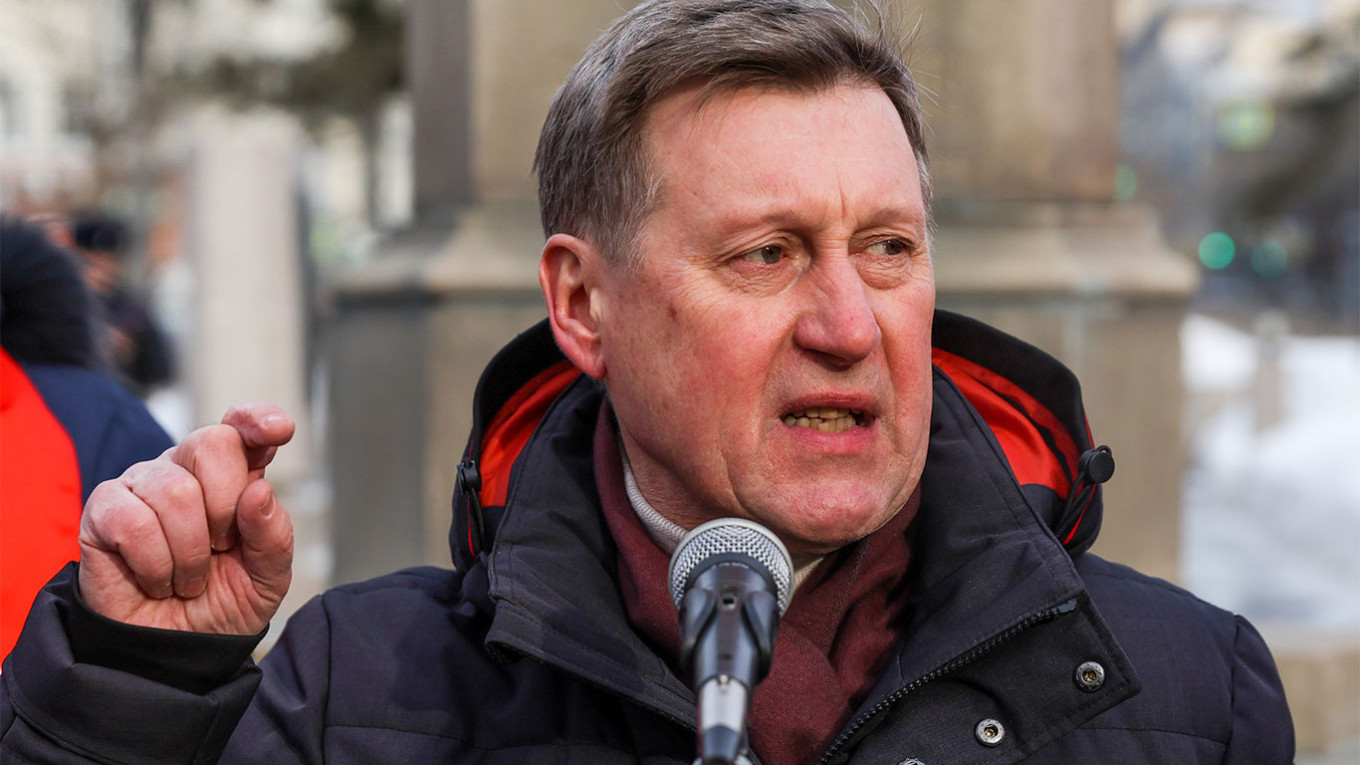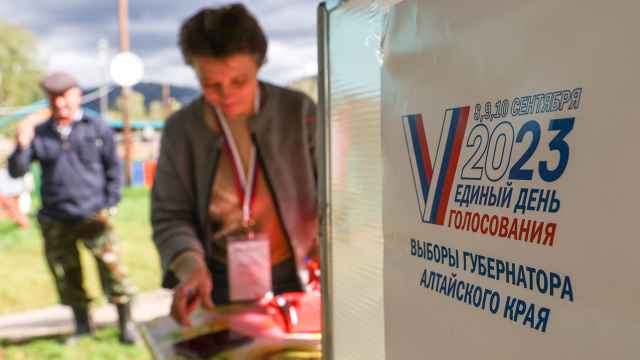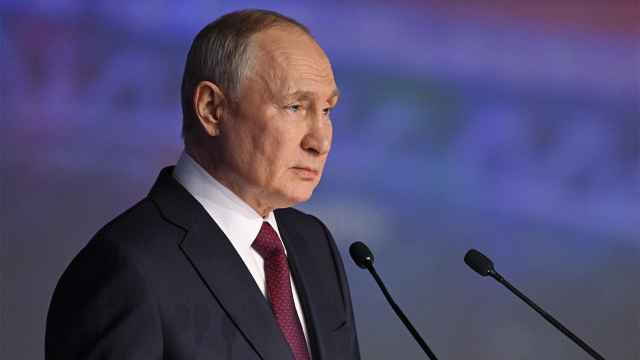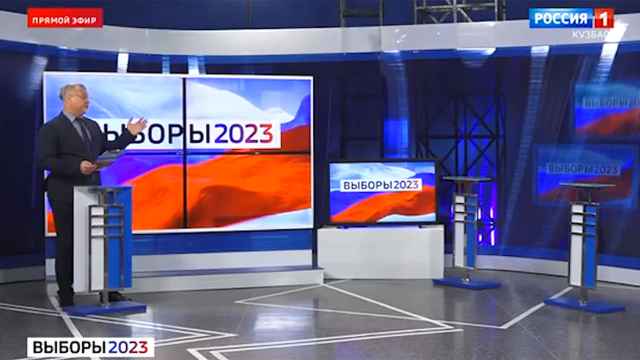Local officials in Russia’s third-largest city scrapped direct mayoral elections on Wednesday.
Novosibirsk, the most populous city in Siberia, had been one of just three Russian cities with over 1 million residents that retained direct mayoral elections amid a vigorous centralization of power by the Kremlin.
The bill abolishing direct voting and introducing elections of mayors by the Council of Deputies — a body de facto controlled by the regional governor — was approved in February by the Novosibirsk region’s Legislative Assembly.
The vote in the Legislative Assembly was met with a series of single-person pickets protesting the abolition of the popular vote.
“It’s unclear why we would need the mayor’s office at all if everything will be controlled by the governor directly,” independent municipal deputy Anton Kartavin said of the City Council’s decision Wednesday that finalizes the change.
Kartavin was among just five deputies who voted against the decision, which was endorsed by 38 others.
Separately, a local court on Wednesday declined the opposition’s appeal of the local mayor’s office ban on a rally calling for the resignation of Novosibirsk Governor Andrei Travnikov and decrying rising utility prices. The rally's organizers vowed to continue their attempts to organize the gathering and receive authorization from local officials.
A similar rally organized by Kartavin and other local opposition deputies in March in Novosibirsk drew about 300 people.
Direct mayoral elections were also abolished Wednesday in Koltsovo, a scientific research town located some 25 kilometers east of Novosibirsk.
Russia’s capital Moscow and its second-largest city St. Petersburg are now the only major cities where the mayor is directly chosen by the electorate.
A Message from The Moscow Times:
Dear readers,
We are facing unprecedented challenges. Russia's Prosecutor General's Office has designated The Moscow Times as an "undesirable" organization, criminalizing our work and putting our staff at risk of prosecution. This follows our earlier unjust labeling as a "foreign agent."
These actions are direct attempts to silence independent journalism in Russia. The authorities claim our work "discredits the decisions of the Russian leadership." We see things differently: we strive to provide accurate, unbiased reporting on Russia.
We, the journalists of The Moscow Times, refuse to be silenced. But to continue our work, we need your help.
Your support, no matter how small, makes a world of difference. If you can, please support us monthly starting from just $2. It's quick to set up, and every contribution makes a significant impact.
By supporting The Moscow Times, you're defending open, independent journalism in the face of repression. Thank you for standing with us.
Remind me later.






